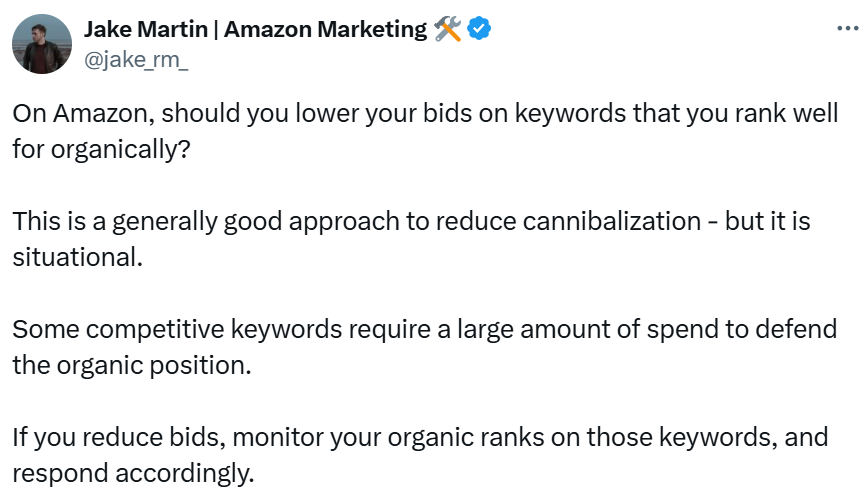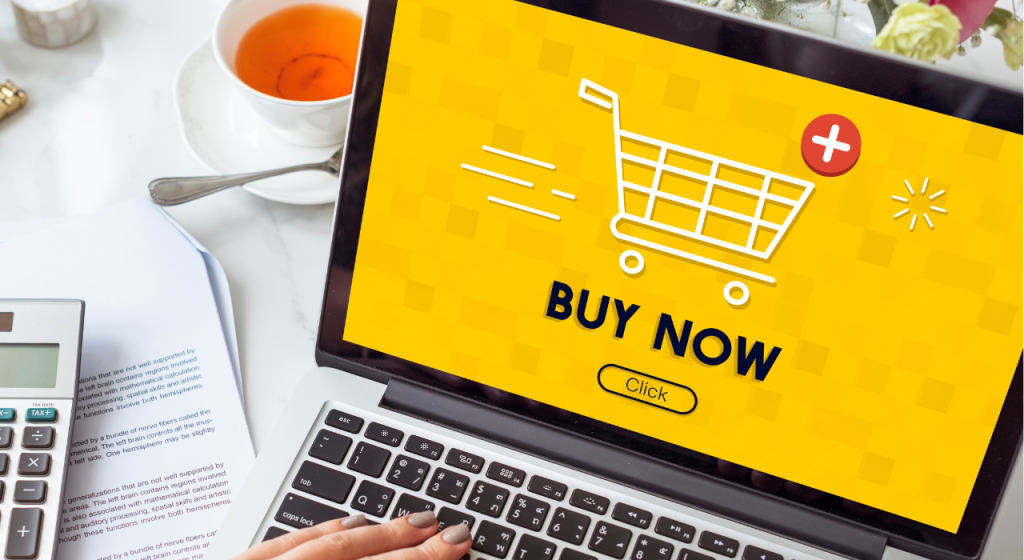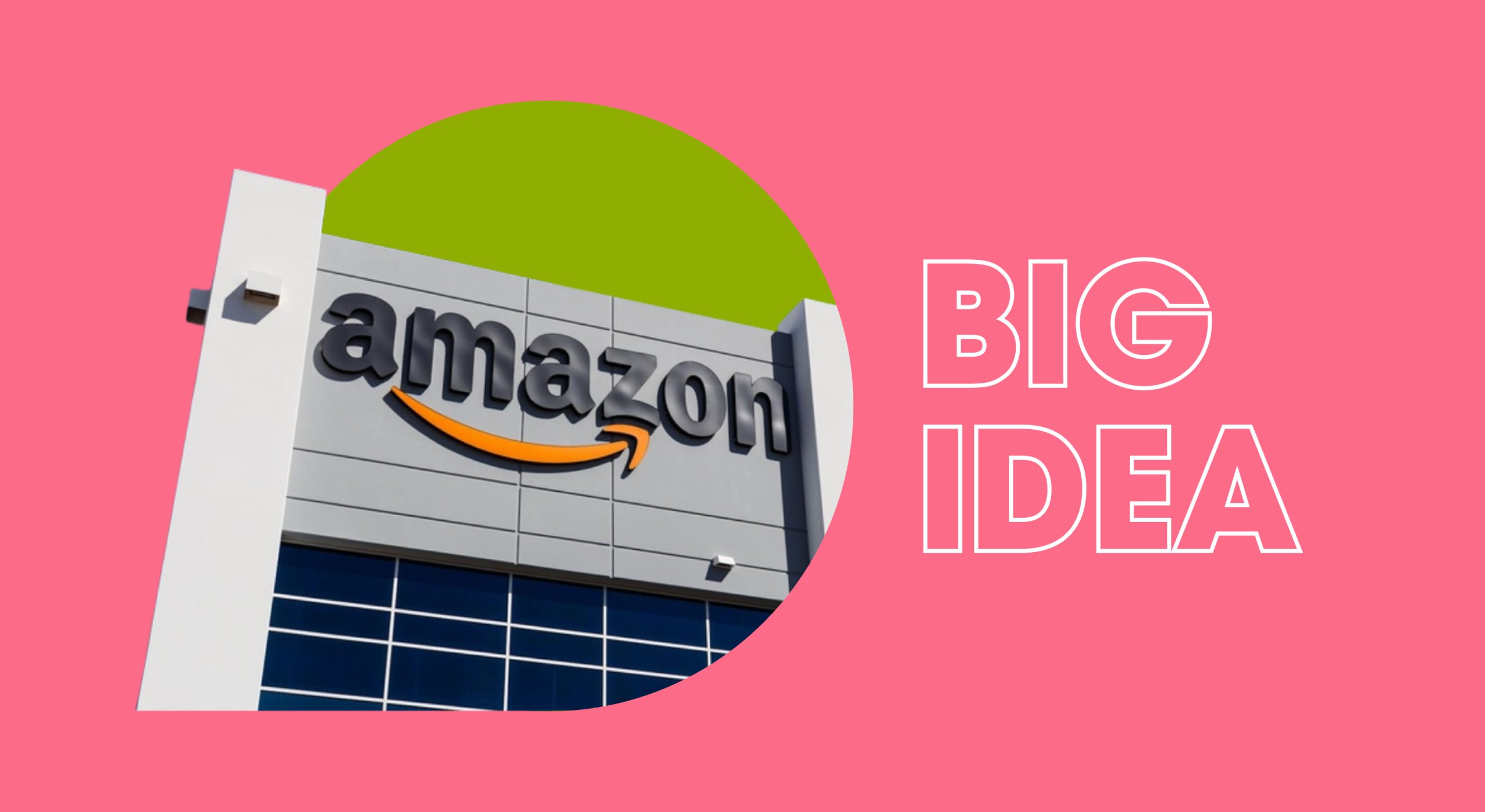Another week, another sumptuous plate of ecommerce news!
We’ve been publishing regularly for the last few months. But there’s something different in today’s issue. 👀
Reply to this email if you notice what’s changed. The prize? A shoutout (and a link to your company’s website on our Wednesday issue!
Ready for the tasty scoops we have for you today?
- Test buy as an anti-hijacker weapon 🛡️
- Things to master for a successful Amazon business 🖋️
- Top 5 marketplaces in 2024 ⭐

POST OF THE WEEK


BLACK MARKET
It’s frustrating having to compete with hundreds of thousands of other sellers. But to add listing hijackers to the mix? That would be quite stressful!
Take it from this seller who experienced it firsthand. Here’s the act of bad actors that almost stole a brand’s potential and profitability.
🔫 What happened?
First and foremost, the aggrieved seller emphasized that they own the brand they’re selling under. Also, they do NOT sell to other distributors, retailers, or resellers—they strictly sell their products on Amazon themselves.
However, upon checking their listing, they discovered an account was listed as one of the sellers.
The seller understandably wanted the hijacker off the listing.
- The first step was to report the violation. Sadly, the seller’s trademark was still pending. Only fully registered trademarks can report the issue. 📌
- An Amazon rep added to the bad news by explaining that brand owners can’t remove other sellers from their listings due to some conditions on the Intellectual Property for Rights Owners help page. You can go to the Types of notices not accepted on Amazon section and review the Exclusive Distribution bullet for more information.
- The rep wisely suggested doing a test buy to check if the product is fake.
🔑 Test buying was the key
The seller was originally hesitant. But after other sellers seconded the suggestion, they bought from the hijacker and then reported the counterfeit.
Guess what? The hijacker was officially removed after the counterfeit report!
Of course, the solution to listing hijacking still depends on the situation. But if you suspect you’re facing the same problem, doing a test buy is a good bet.

TOGETHER WITH EZ-COMMERCE
2 things you need to master to run a successful Amazon business

As Amazon tightly clings to its crown as the ecommerce king, many embark on becoming successful ecommerce entrepreneurs.
If you're one of these aspirants, you should first understand the difficulties you'll face, including securing a sufficient initial investment and mastering the technical aspects of online retail.
Initial investment
Starting an Amazon business requires a substantial financial investment, especially in the first year.
Here’s the estimated capital needed to cover all aspects of setting up and running an online store:
- Inventory: $500 to $1,000, depending on the product type and quantity
- Amazon fees: Enough to cover referral, fulfillment, and storage fees. You can go for self-fulfillment options instead of FBA, but you should be prepared to cover the cost (and probably stress) of storing, packing, and shipping products yourself.
- Marketing and advertising: Starts at $100 for an initial PPC campaign (could be more if you recruit the help of influencers).
- Tools and services: Hundreds to a couple thousand, depending on how many tools, external services (like graphic design), and subscriptions you use.
- Emergency fund: Like personal expenses, a good rule is to keep enough to sustain 3 months of operation without income.
Learning the tech stuff
Mastering the technical aspects of running an Amazon business is another significant hurdle. The platform requires you to gain knowledge on how to:
- Optimize listings, including understanding Amazon’s A9 algorithm
- Navigate Amazon Seller Central and FBA (if you choose this over the self-fulfillment options)
- Analyze data and trends (KPIs, ROI, customer acquisition costs, etc.)
- Comply with and monitor Amazon’s rules, regulations, and policy updates
So, are you ready to run a thriving Amazon business?
We sure hope you are. The sooner you begin your Amazon journey, the faster you can polish your strategy to become a better seller.
If you’re not 100% prepped, don’t worry! There’s EZ-commerce—a trusty partner that can help scale and transform your brand into an Amazon success story.
Click on the link below to learn more. 👇
I want to be the next Amazon success story!

BITES OF THE WEEK
- Seller Webinar: Amazon's latest webinar this July 9 & 10 will cover reseller best practices.
- Amazon@30: From online bookshop to tech behemoth, here's what Amazon has accomplished.
- Triangle Scam: A black market tale about a buyer, a scammer, and a legitimate seller.

ECOMMERCE NEWS
Top 5 marketplaces in 2024

In the ever-evolving world of ecommerce, knowing where to sell your products can make or break your business strategy.
🌐 To help you divide, Marketplace Pulse shared its projection of the top 5 marketplaces in 2024:
Top 1: Amazon
As the largest U.S. marketplace, Amazon dwarfs others with projected sales of $325 billion from third-party sellers alone! When first-party sales are added, the retail giant likely stands as the biggest retailer in the country.
Top 2: eBay
With a projected $35 billion in annual sales, eBay remains one of the top ecommerce platforms.
While still a significant marketplace, it now targets enthusiasts. eBay CEO Jamie Iannone noted its focus on niche markets, suggesting Amazon or Walmart are better bets for new, in-season products.
Top 3: Temu
Temu is targeting $60 billion in global sales but is projected to have $20–25 billion in sales this year. It’s expanding rapidly, though primarily for sellers from China at present.
Top 4: TikTok Shop
TikTok Shop targets $17.5 billion in U.S. ecommerce sales this year, ramping up its shopping content and live streams. But reports hint it might achieve $12–$13 billion instead.
In a private meeting in Shenzhen with top domestic sellers, TikTok expressed optimism about its future in the U.S. market despite political challenges. 🤞
Top 5: Walmart
Walmart is not just a retail giant but also a growing marketplace with estimated third-party sales hitting $10.37 billion this year. It offers a unique hybrid model by leveraging its brick-and-mortar stores for ecommerce fulfillment.
🛒 So, where should you sell?
Choosing the right marketplace depends on your product, target audience, and business goals. Understanding these marketplaces' strengths can help you decide where to focus your selling efforts, maximizing your gains in the process.








